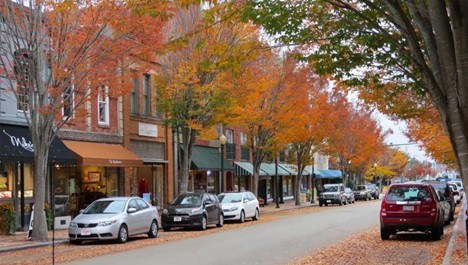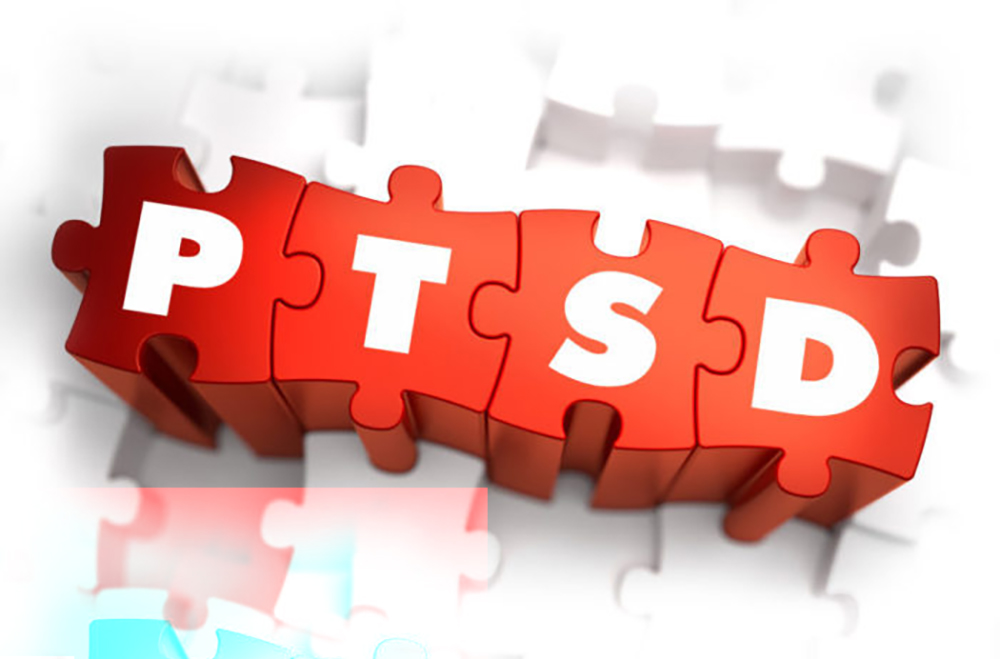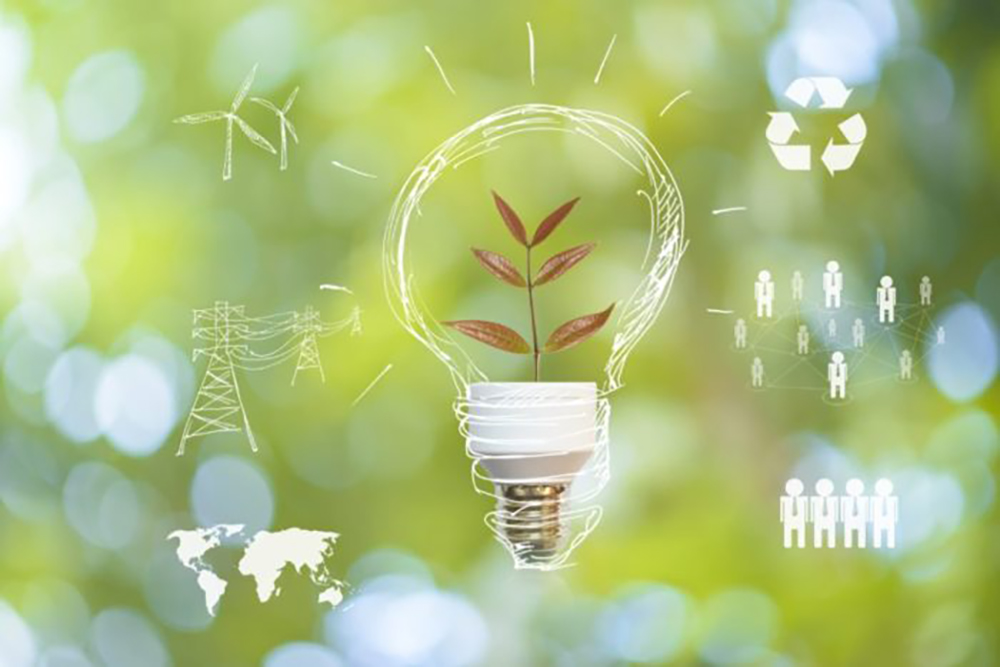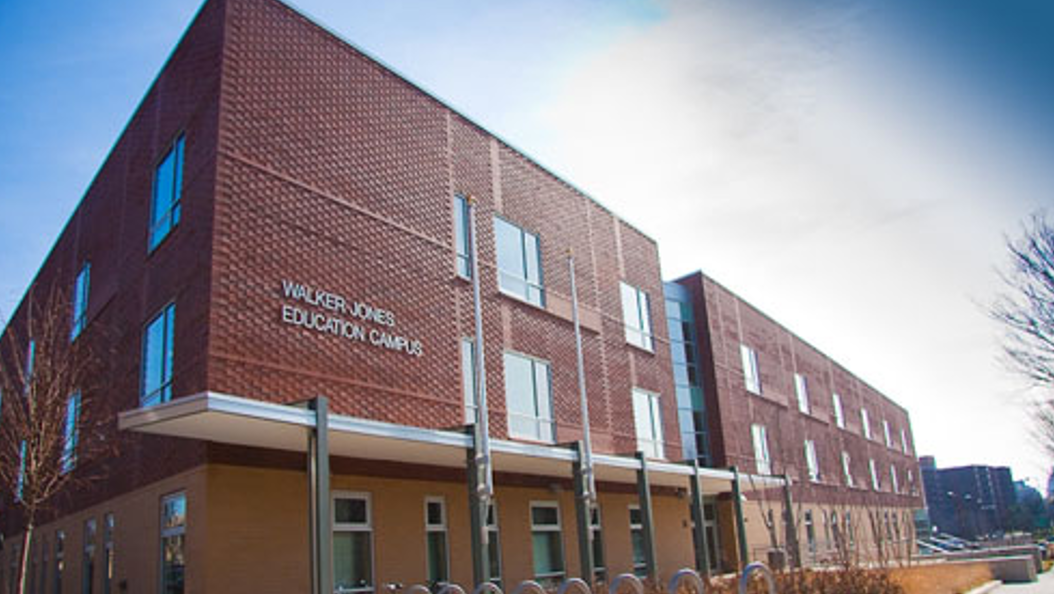Dr. Bizzell Speaks at African American Male Summit in New Bern, NC
The fourth annual African American Male Summit took place on July 28, 2018. The purpose of the event is to draw attention to the plight and concerns of African American men, and how others see them; to showcase the skills and the successes of black men who have been marginalized and made to feel less than what they are; and to let them know despite all the cultural issues that black men are facing, they can still be successful. The panel discussions were comprised of New Bern natives who came “home” to share insights and wisdom in promoting the growth, potentiality, and abilities of African American men. As a featured speaker, Dr. Bizzell shared, “I believe in giving back just so that someone else can see that they too can make it. If I made it, so can another person.”
Read More: African-American Male Summit set for Saturday in New Bern




